Stellantis Supercharges Moroccan Plant to Build More EVs and Hybrids
Kenitra Facility Set to Double Output, Build New EV Tuk-Tuk, and Add Hybrid Engine Production
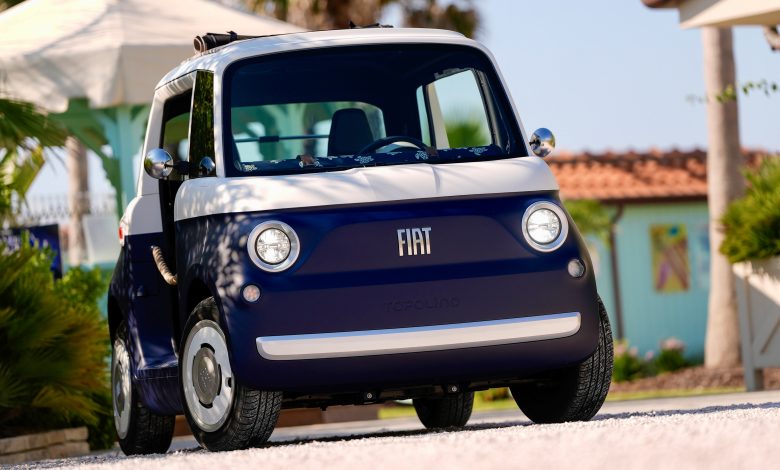
Stellantis is ramping things up in a big way at its Kenitra Assembly Plant in Morocco. The automaker announced plans on Wednesday to more than double the plant’s production capacity—from around 230,000 vehicles per year to 535,000. The move would also add around 3,100 new jobs. That’s a big leap, especially for a plant that only opened in June 2019.
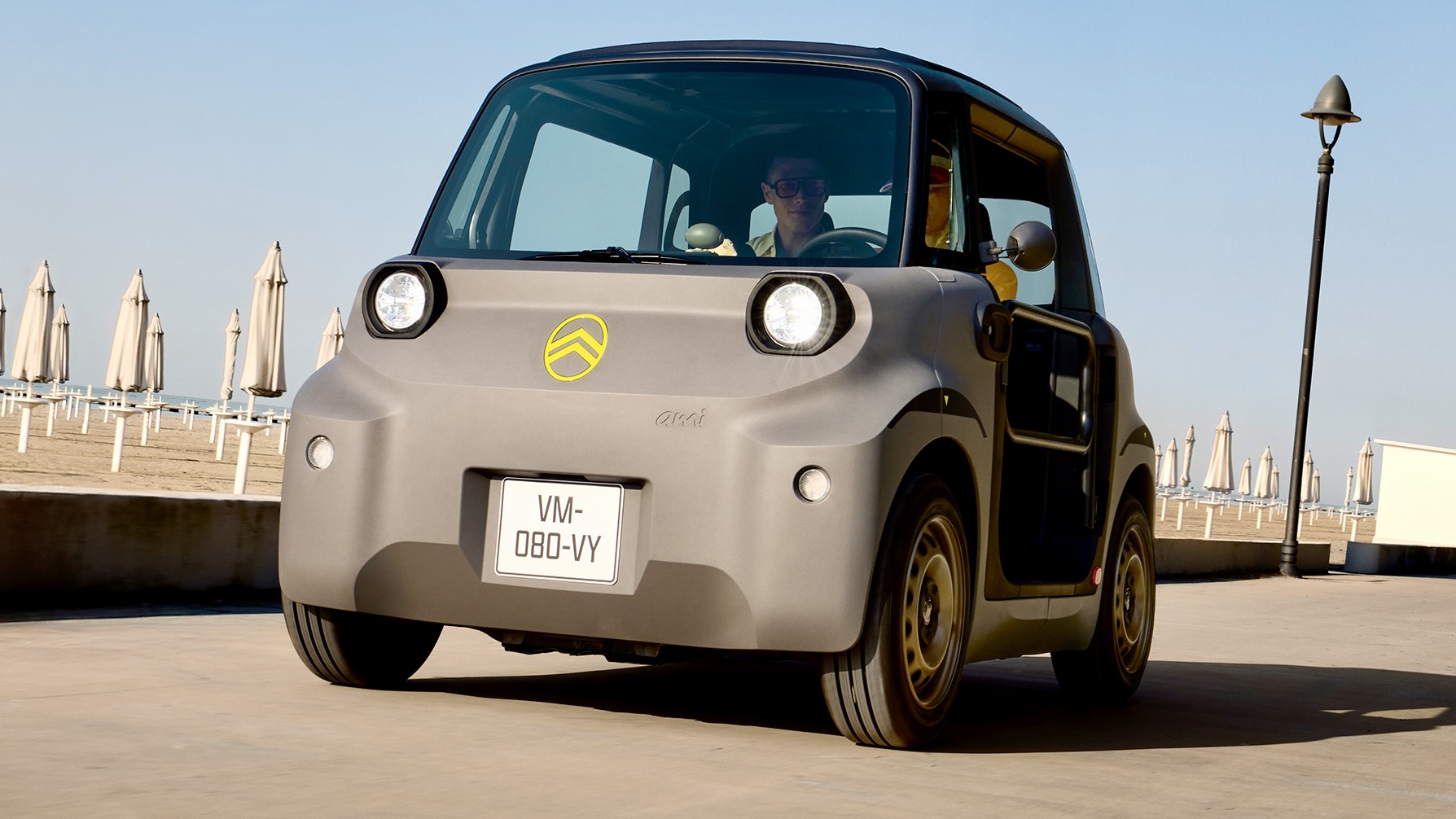
The news came from Samir Cherfan, Stellantis’ Chief Operating Officer (COO) for the Middle East & Africa (MEA) region. The plant currently builds supermini electric city cars (quadricycles) like the Citroën Ami, Opel Rocks-e, and Fiat Topolino. Annual production of these quirky little EVs has already grown from 20,000 units to 70,000 since January 2025, and now it’s about to get even bigger.
Backed by a €1.2 billion (about $1.4 billion) investment, the expanded Kenitra site will also start building hybrid engines and a futuristic three-wheeled EV called the Fiat TRIS. This thing isn’t your typical delivery vehicle—it’s basically a tiny electric tuk-tuk built for city life and last-mile delivery routes across Africa and the Middle East.
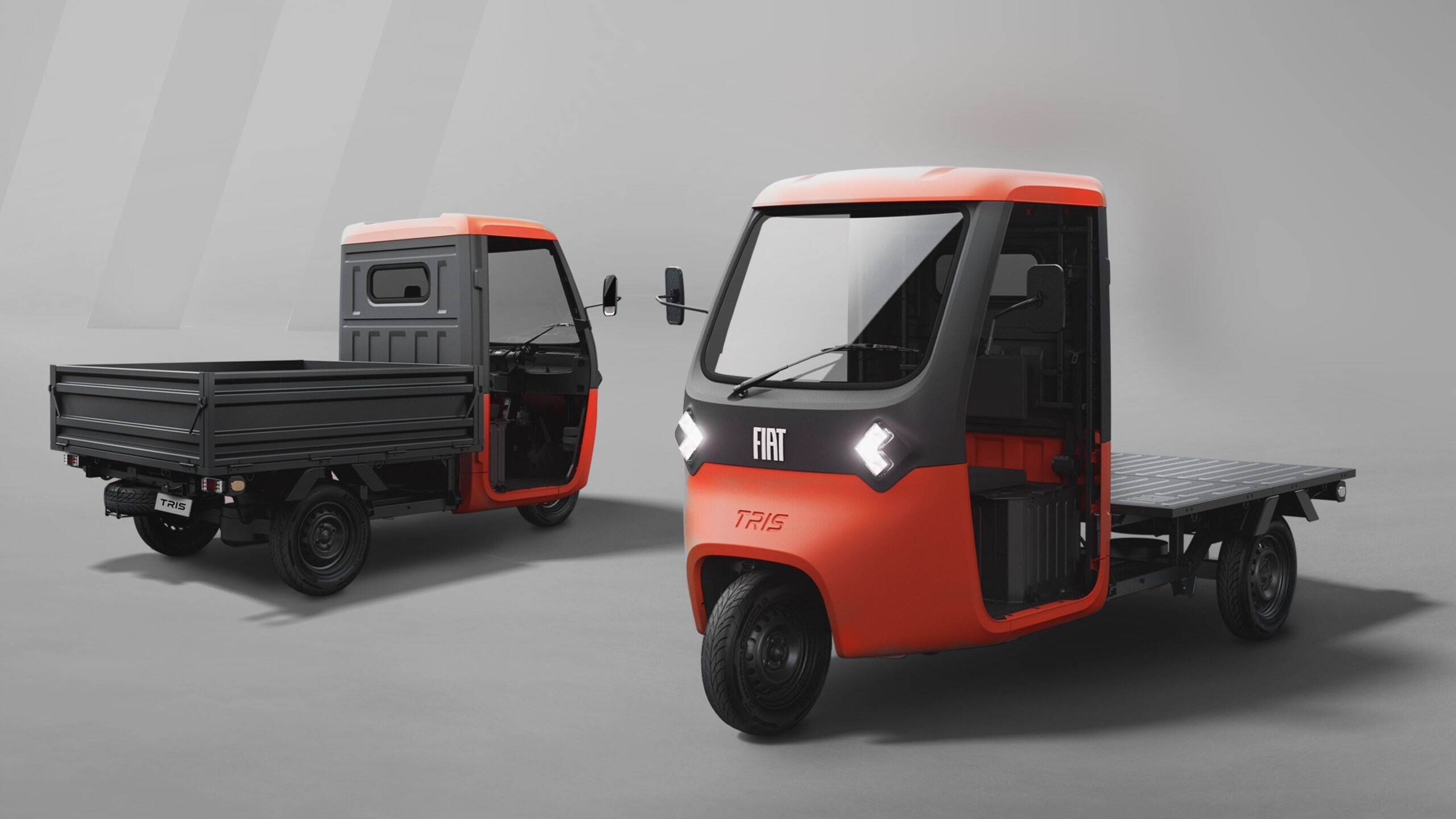
The TRIS will be offered in three versions: Pickup, Flatbed, and Chassis Cab. It’s only 3.17 meters long (about 10.4 feet) and has a turning radius of just over 10 feet. Powered by a 48-volt electric motor making 12 horsepower, it tops out at 45 km/h (28 mph) and runs on the same 6.9 kWh lithium battery as its quadricycle cousins.
On the hybrid side of things, Stellantis plans to build 350,000 engines annually at the site. The first wave of mild-hybrid engines started assembly in May 2025, with a second phase focusing on component machining launching in November 2026.
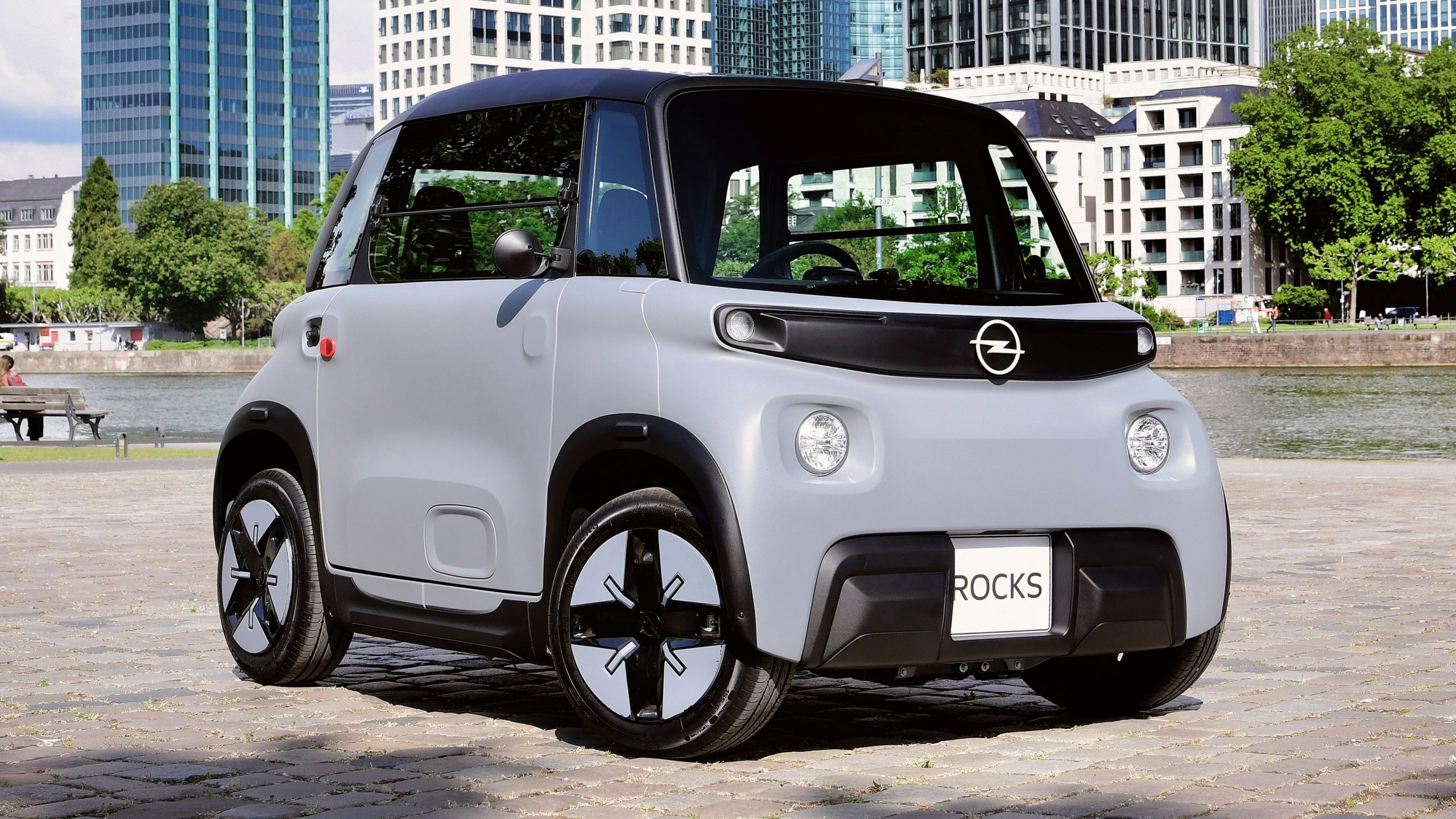
But that’s not all. Starting in July 2025, the Kenitra plant will also begin producing electric charging stations, with plans to build over 204,000 units per year.
It’s a huge move not just for Stellantis, but for Morocco’s auto industry as a whole. The plant’s local parts sourcing rate is expected to grow from 69% to 75% by 2030, according to Moroccan Prime Minister Aziz Akhannounch.

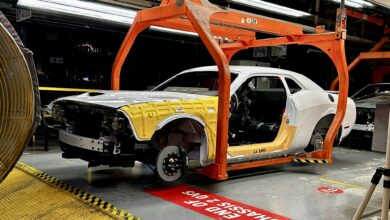

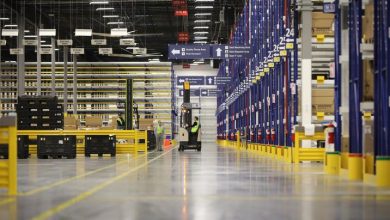
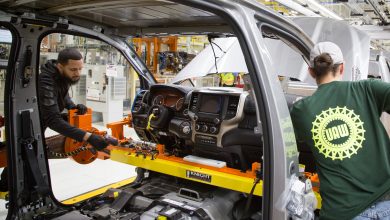

No replies yet
Loading new replies...
Join the full discussion at the Mopar Insiders Forum →